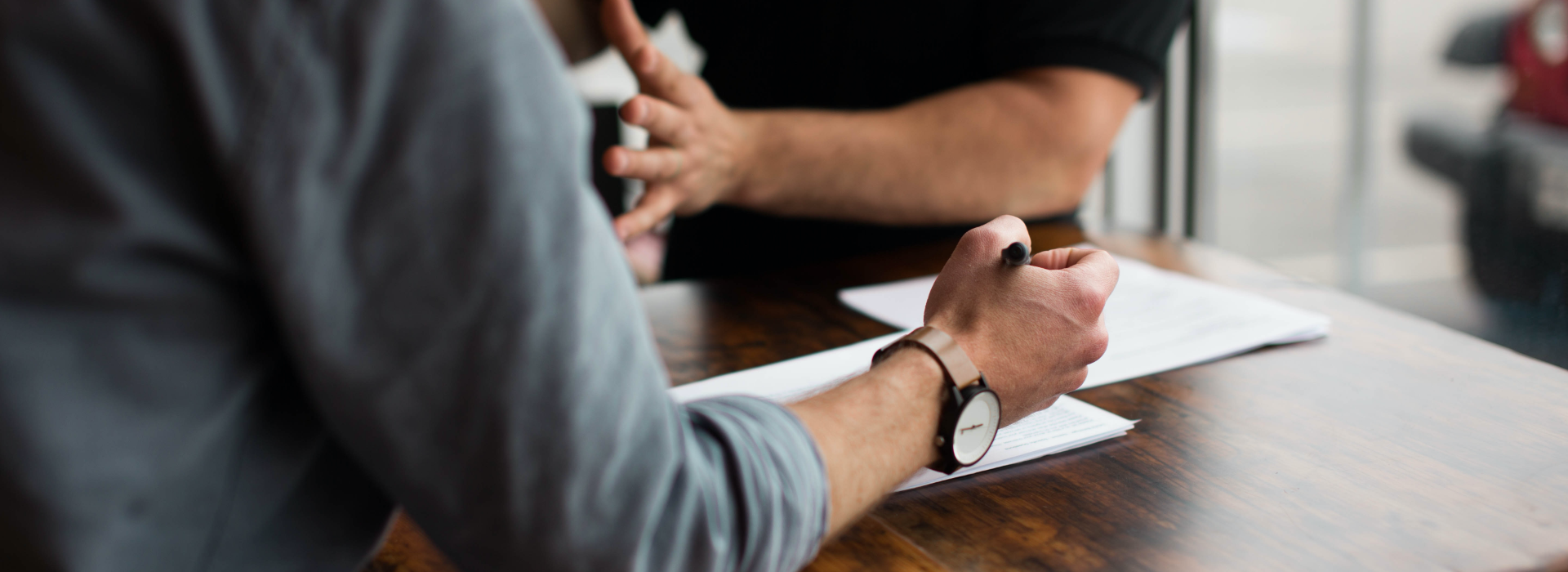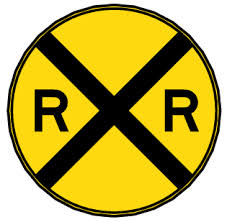Last week a southern Illinois mother and three of her children were killed when their SUV was struck by a CSX freight train. The accident occurred at a crossing where the safety gates were down and the lights were flashing. The mother, for reasons that are unknown, drove around the safety gates and attempted to cross the tracks. The engineer of the oncoming train responded appropriately by sounding the warning horn and applying the emergency brakes, but the collision could not be avoided.
Authorities speculated that the mother may have been trying to beat the train in order to make it to a nearby Halloween parade. However, train officials did acknowledge that the area, where two tracks converge, can be difficult to navigate if a person is not familiar with the area. It was also raining at the time of the crash, which may have hindered the woman’s visibility.
Investigators are still researching the accident to determine the cause and who may be at fault. Whatever the findings, this tragic accident serves as a reminder to everyone about the importance of exercising caution around trains, tracks and crossings.
Operation Lifesaver, a rail safety education initiative, offers these important safety tips:
- Freight trains don’t travel at fixed times, and schedules for passenger trains change. Always expect a train at each highway-rail intersection.
- All train tracks are private property. Never walk on tracks; it is illegal, trespassing and highly dangerous. By the time a locomotive engineer sees a trespasser or vehicle on the tracks it’s too late. It takes the average freight train traveling at 55 mph more than a mile—the length of 18 football fields—to stop. Trains cannot stop quickly enough to avoid a collision.
- The average locomotive weighs about 400,000 pounds or 200 tons; it can weigh up to 6,000 tons. This makes the weight ratio of a car to a train proportional to that of a soda can to a car. We all know what happens to a soda can hit by a car.
- Trains have the right of way 100% of the time over emergency vehicles, cars, the police and pedestrians.
- A train can extend three feet or more beyond the steel rail, putting the safety zone for pedestrians well beyond the three foot mark. If there are rails on the railroad ties always assume the track is in use, even if there are weeds or the track looks unused.
- Trains can move in either direction at any time. Sometimes their cars are pushed by locomotives instead of being pulled, which is especially true in commuter and light rail passenger service.
- Today’s trains are quieter than ever, producing no telltale “clackety-clack.” Any approaching train is always closer, moving faster, than you think.
- Remember to cross train tracks only at designated pedestrian or roadway crossings, and obey all warning signs and signals posted there.
- Stay alert around railroad tracks. No texting, headphones or other distractions that would prevent you from hearing an approaching train; never mix rails and recreation.
If you or a loved one has been a victim of a train accident, we can help.
Train accidents are horrific. They leave behind a literal physical path of destruction and a figurative mental path of destruction. The days and weeks that follow are often a blur, when families are preoccupied with their critically injured or lost loved one and not with the accident itself.
Determining the cause and fault of a train accident is a very complex process. It is critical for victims and their families to have an experienced train accident lawyer on their side to help navigate the aftermath of a train crash.
At Casey & Devoti we have decades of experience handling train accident cases. We understand that time is crucial when gathering evident after a train crash. We will thoroughly investigate the tracks, the train maintenance records, as well as the driver and the driver’s logbook. We know the train companies have highly skilled attorneys and big insurance companies on their side. They make it very difficult for victims to recover what is fair and just. We are seasoned trial lawyers who will stand up to train companies and insurance companies. We will aggressively fight for the compensation you deserve.









